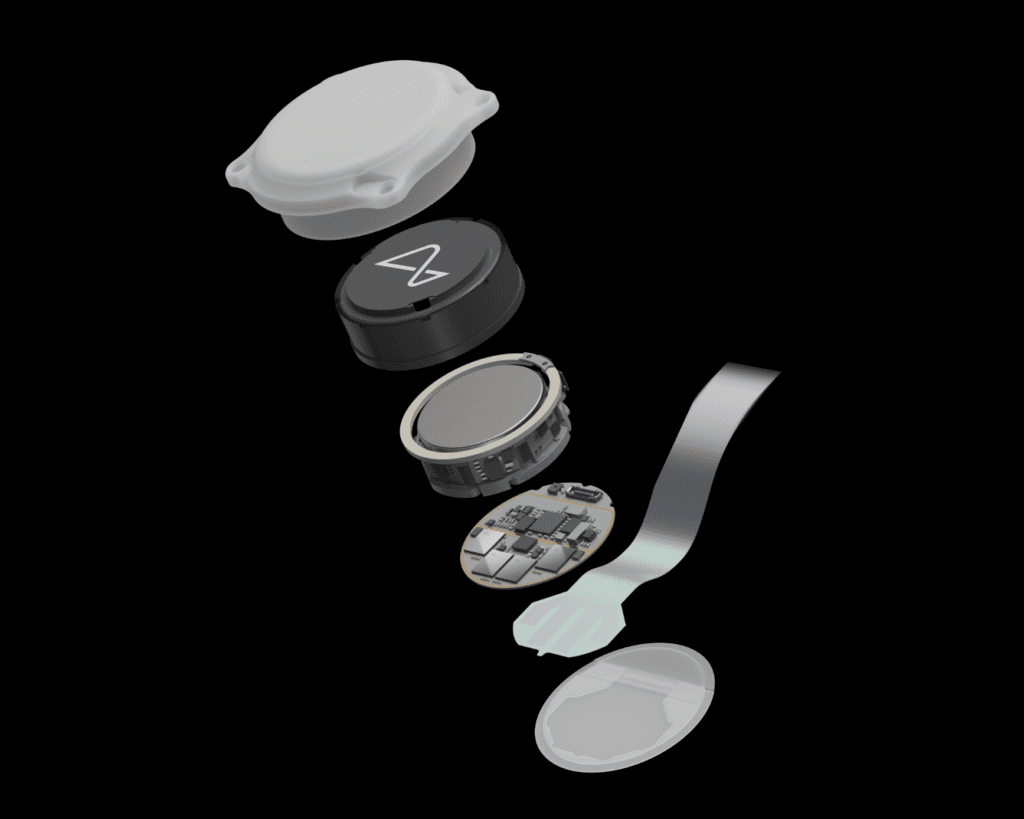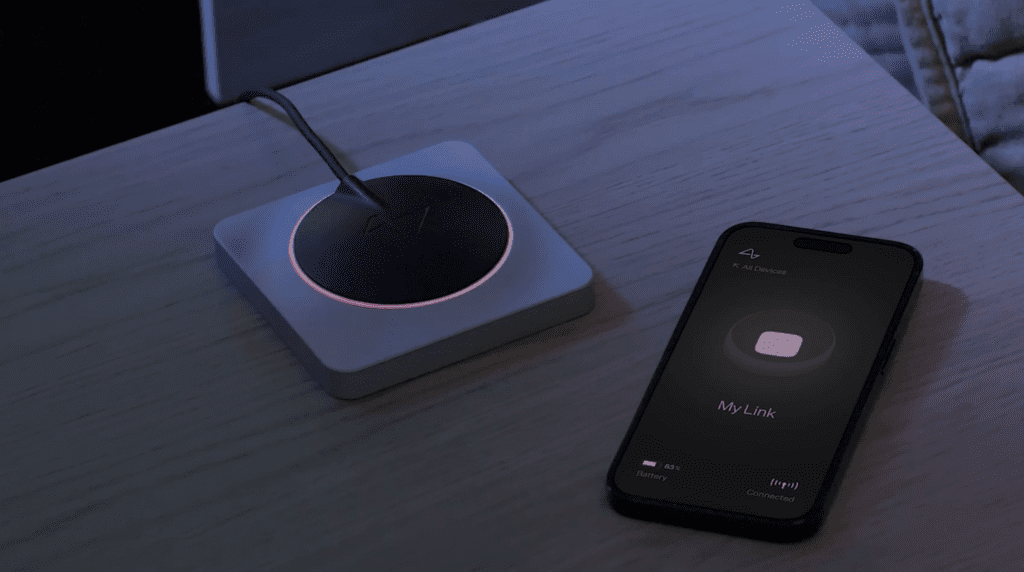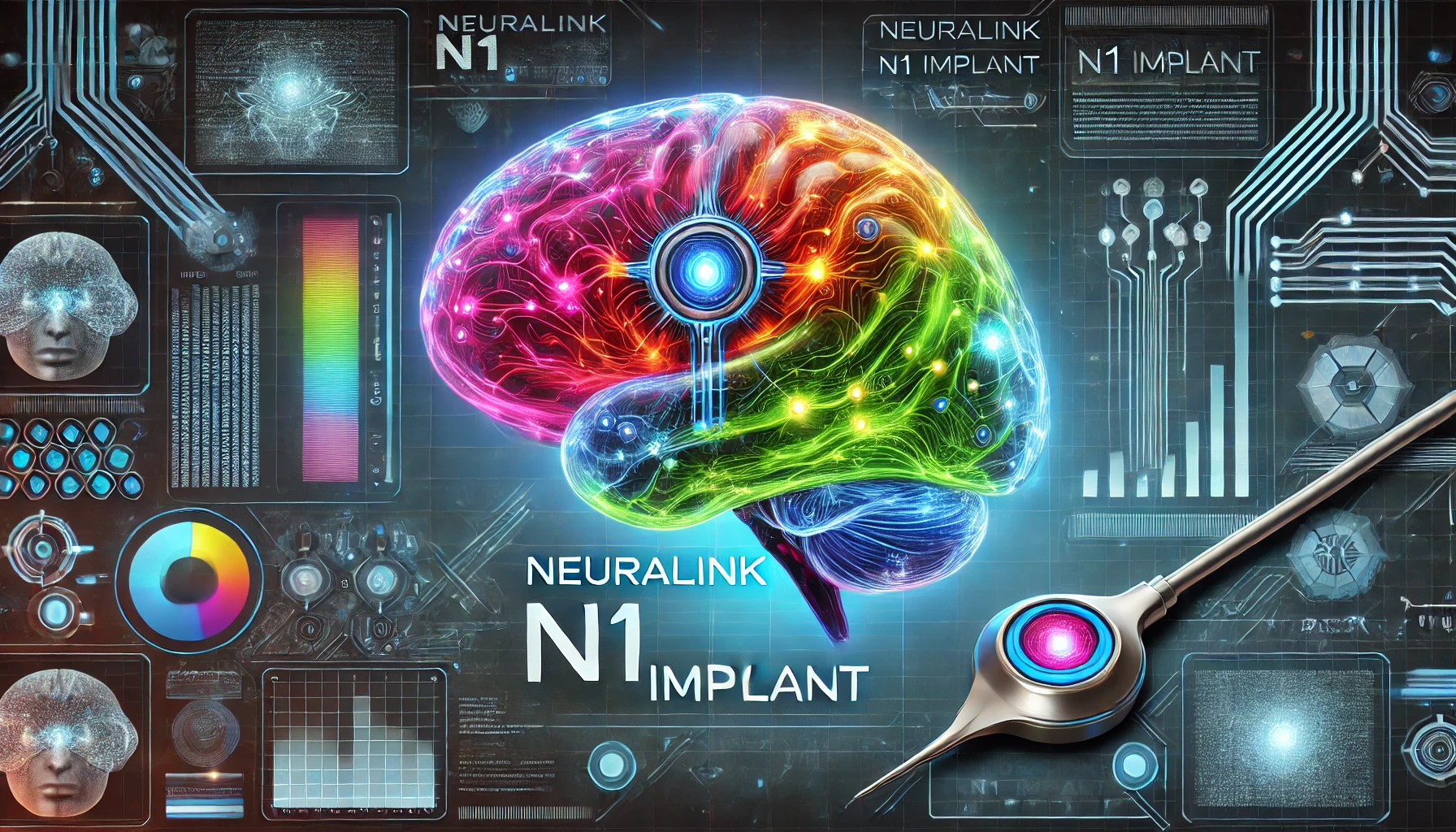Table Of Content
The Neuralink N1 implant is the pioneering device in brain-computer interface technology, designed one day to give people suffering from neurological conditions the capability to control devices with their minds. This advanced implant captures the activity of the brain and then wirelessly transmits the data, enabling communication and control over computers or smartphones while offering a vision for possible independence for those suffering from quadriplegia.

What NeuraLink N1 Implant Does
The fully implantable N1 device is enclosed in a biocompatible casing, designed to be invisible once implanted. It connects with the brain via ultra-thin, flexible threads laden with 1,024 electrodes to capture neural activity. This neural activity, in turn, gets wirelessly transmitted to an external device, such as a computer or smartphone, where it’s decoded into actionable inputs-moving a cursor or typing text.
This is powered by a small, wireless battery that inductively charges, making it relatively low maintenance without having to resort to deep-space-type intrusive procedures. These signals get decoded for action by the Neuralink app, which enables the user to interact with the world in ways they never thought possible.

How to Use NeuraLink N1 Implant
The user will be enabled by them to control the external devices by thought only. After surgical implantation of the N1, one would be able to operate a smartphone, a computer, or even video games through neural signals. That’s very useful for the paralyzed people who want to regain control over digital environment and communications.
Pros
- Restores Independence: The N1 implant gives people with paralysis the ability to control digital devices using their thoughts.
- Cutting-Edge Technology: The ultra-thin electrodes minimize damage to brain tissue, making the device both safe and effective over time.
- Wireless and Discreet: It’s powered wirelessly, avoiding the need for external connectors and maintaining a seamless experience.
Cons
- Surgical Risks: Implanting the device requires surgery, which involves the usual risks associated with invasive procedures.
- Unproven Longevity: As a new technology, there’s limited data on the long-term durability and reliability of the implant.
- Ethical Concerns: Neuralink has faced criticism for its animal testing practices during trials.
Pricing
Pricing details for the N1 implant have not been disclosed yet, as the technology is still in clinical trial phases yet it has got status of approved FDA Medical Device for the BlindSignt use case. Given the complexity of the surgery and the technology involved, this is bound to be very expensive once it goes into commercialization.
Use Cases
- Paralysis Recovery: People with quadriplegia or spinal cord injuries can regain the ability to control computers, phones, or other devices.
- Vision Restoration: Neuralink is also working on projects like Blindsight, which aims to restore sight in individuals with visual impairments.
- Neurodegenerative Diseases: Long-term goals include treating neurological conditions like Parkinson’s, Alzheimer’s, and epilepsy by using neural data to predict and manage symptoms.
FAQs
1. What is the N1 implant used for?
It is designed to help people with neurological conditions like paralysis control external devices such as computers and phones using their brain activity.
2. How does the NeuraLink implant work?
It utilizes ultra-thin electrodes that capture neural signals and transmit them wirelessly to an external app. Decoded into actionable commands by the app, it allows the user to control devices.
3. Is the N1 implant available for use?
The technology is still in clinical trials and not currently available to the general public, while Neuralink is attempting to gather more data about its efficacy and safety before its broader commercialization.












Leave a Reply
You must be logged in to post a comment.